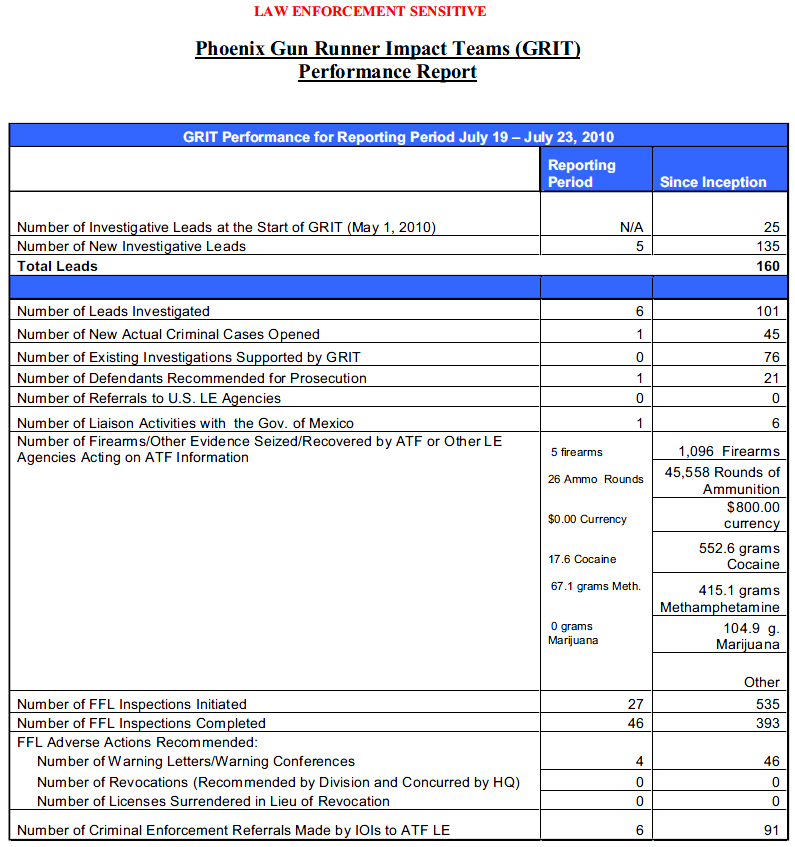First the Panama Papers revealed the Podesta Group. John and Tony Podesta, the founders have connections to a Russian bank which is blacklisted. John Podesta is the architect of the Hillary presidential campaign.
John Podesta, a real operative in the White House for years.
The mailman must be real busy and overworked at the address below.
This Delaware Address Is Home to 200,000 Shell Companies—Including Hillary Clinton’s
FreeBeacon: The address “1209 North Orange Street” in Wilmington, Del., has become known in recent years as the epicenter of U.S. corporate secrecy. The squat, split-level building is the official address of over 285,000 companies, many of which are looking to take advantage of Delaware’s Panama-like secrecy rules, tax incentives, and business-friendly case law.
In the wake of the recent “Panama Papers” scandal, this unassuming brick office has received renewed scrutiny from the Washington Post, the New York Times, the Telegraph, and advocates for corporate tax reform.
But one of its tenants may come as a surprise—a company owned by Democratic presidential frontrunner Hillary Clinton.
Hillary and Bill Clinton quietly set up two shell companies listed at “1209 North Orange Street” in 2008 and 2013, the Washington Free Beacon has found. The names of the companies, but not their location, were first made public in tax filings released by Hillary Clinton last year.
According to records, one of the Clintons’ “1209 North Orange Street” companies is WJC, LLC, which was set up by Bill Clinton in 2008 as a pass-through for his consulting fees.
Another company at the same location, ZFS Holdings, LLC, was set up in February 2013, one week after Hillary Clinton left the State Department. Hillary Clinton received $5.5 million from her book publisher, Simon & Schuster, through the company.
The “1209 North Orange Street” building is the headquarters for the Corporation Trust Company. The firm acts as a registered agent for thousands of corporations that are not actually located in Delaware, including the Clintons’ companies.
Anti-secrecy advocates say the building is prime evidence that Delaware has become a corporate haven that’s comparable to more well-known, offshore locales.
“If you imagined a building with 1,000 corporations in it, you’d imagine a building like the Empire State building,” said Richard Phillips, a senior policy analyst with Citizens for Tax Justice. “But apparently 285,000 companies claim [1209 North Orange Street] is their address.”
“What this shows is this is not really the address of companies that are doing real business. This is the address of a lot of companies that are just shell companies,” he added. “In this case, it doesn’t even look like they have mailboxes. They just claim that address as the places they’re doing business, even though they’re not doing business there.”
Similar registered agents have come under scrutiny in recent years. While campaigning in 2008, President Obama slammed the “Ugland House,” a five-story building in the Cayman Islands that is reportedly home to over 18,000 companies.
“That’s either the biggest building in the world, or the biggest tax scam on record,” said Obama.
The Clinton campaign declined to comment on why the Clintons, who live in New York and have no evident residential ties to Delaware, set up companies in the state. But the presidential candidate isn’t alone. Experts say Delaware is the most popular place to register a company in the United States, due in part to its established system of business case law and tax incentives for intellectual property and real estate holdings.
One of the biggest draws may be the state’s lack of disclosure requirements—businesses can be created completely anonymously, allowing the owners to avoid public detection and even hide income from U.S. authorities.
According to advocates for corporate tax reform, Delaware’s laws rival well-known secrecy havens like the Cayman Islands and Panama.
“General secrecy laws and the ability of these corporations to hide the identities of those who own it, that’s what makes [Delaware] an onshore tax haven, and that’s what makes it just as bad as the Cayman Islands,” said Phillips.
Hillary Clinton has promised to crack down on tax havens on the campaign trail. Referring to the Panama Papers last Wednesday, Clinton condemned “outrageous tax havens and loopholes that super-rich people across the world are exploiting in Panama and elsewhere.”
The Clinton Foundation also has three shell companies in Delaware, according to its amended financial disclosures released last year.
One is the Acceso Fund, LLC, which was registered by the Corporation Trust Company at 1209 North Orange Street in 2009. The Clinton Foundation has used the company to channel money to its Colombia-based private equity fund, Fondo Acceso.
The private equity fund, which is run out of the Clinton Foundation’s Bogota office, has invested in telecom and food processing companies in Colombia, the Free Beacon reported last November.
Another Clinton Foundation company, Acceso Worldwide Fund, Inc., was registered in 2013 by the Corporation Services Company, located in Wilmington, Delaware.
A third company, the Haiti Development Fund, LLC, was registered in 2010 by National Corporate Research, Ltd, located in Dover.
In Delaware, limited liability companies such as WJC, LLC, and ZFS, LLC, are not required to file annual statements disclosing their directors or owners. The Clintons also registered both companies in New York after they were established.
There is no evidence the Clintons are using the entities for any nefarious purposes, and it is perfectly legal for non-residents to set up corporations in Delaware. But even if corporations stay within the law, critics say Delaware shell companies can sometimes be used to legally circumvent taxes in other states.
According to a report published last December by the Institute on Taxation and Economic Policy, Delaware’s popularity as a hub for shell companies is “responsible for the loss of billions of dollars in revenue in other U.S. states.”
“It’s legal tax avoidance,” said Phillips. “We would say it’s immoral, or not the best thing for the country.”
Anti-secrecy advocates also say the laws make it easier for criminals to evade federal taxes or finance terrorism, all under the radar of the public and U.S. authorities.
“Some anonymous shell companies have financed terrorism and supported corruption and human trafficking and Delaware is a traditional hub for creating these fake companies,” said Andrew Hanauer, campaign director at the Jubilee USA Network.
Jubilee USA Network and other groups have been advocating for legislative reform. Sen. Sheldon Whitehouse (D., R.I.), Rep. Peter King (R., N.Y.), and Rep. Carolyn Maloney recently put forward legislation that would force U.S. companies to disclose their actual owners.
The Clinton campaign did comment on whether Hillary Clinton supports the legislation. The campaign also did not comment on whether she or Bill Clinton have any other companies registered in Delaware.
But the concerns over corporate secrecy and tax avoidance have trickled into the Democratic presidential race, with Sen. Bernie Sanders incorporating it into his stump speeches. Clinton has also railed against tax havens on the trail and vowed to take action.
“Some of you may have just heard about these disclosures about outrageous tax havens and loopholes that super-rich people across the world are exploiting in Panama and elsewhere,” said Clinton during a campaign event last Wednesday.
“Now some of this behavior is clearly against the law, and anyone who violates the law anywhere should be held accountable,” she added. “But it’s also scandalous how much is actually legal.”





 Fine art dealer and billionaire David Nahmad. Photo: AP Photo / Lionel Cironneau
Fine art dealer and billionaire David Nahmad. Photo: AP Photo / Lionel Cironneau